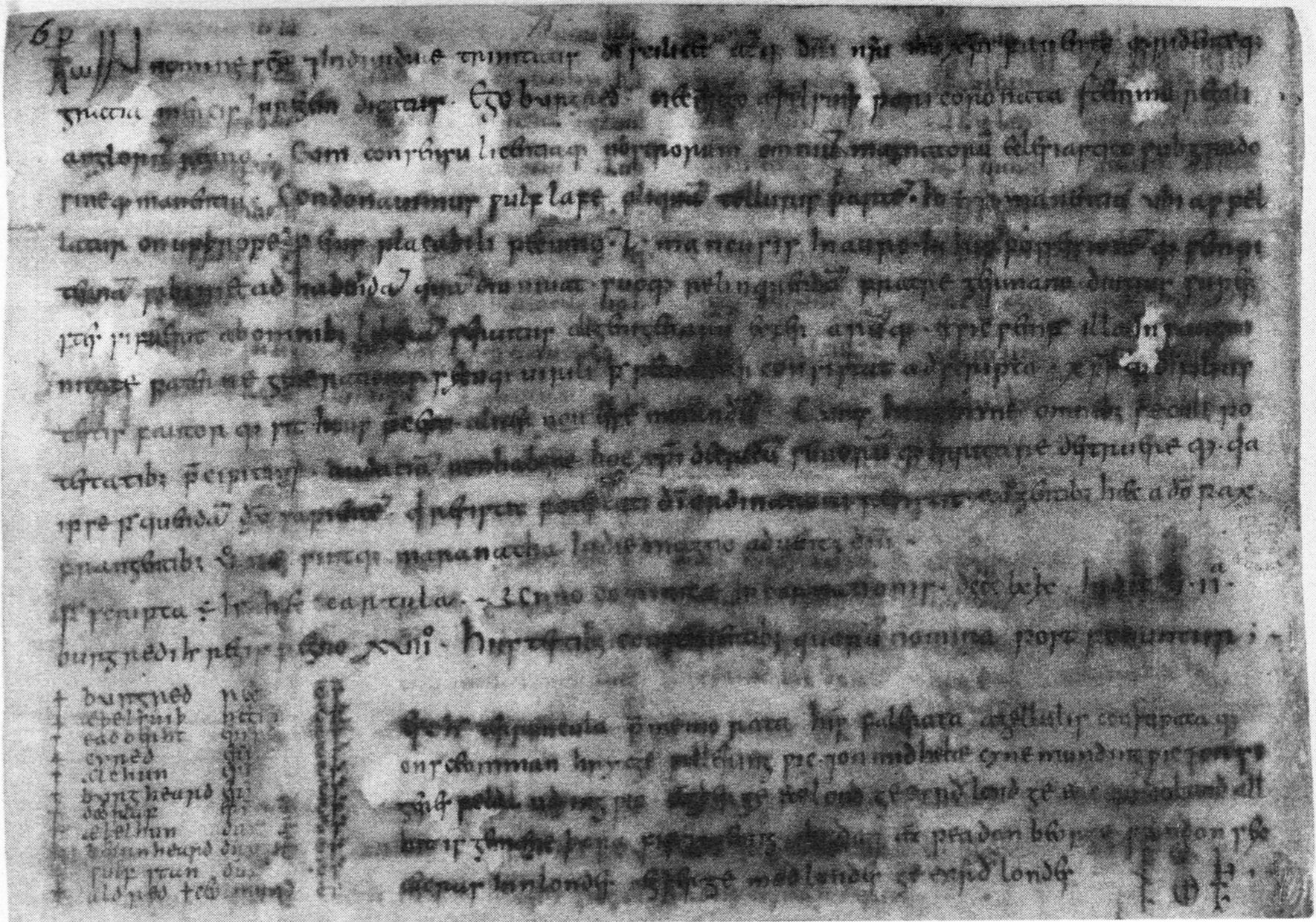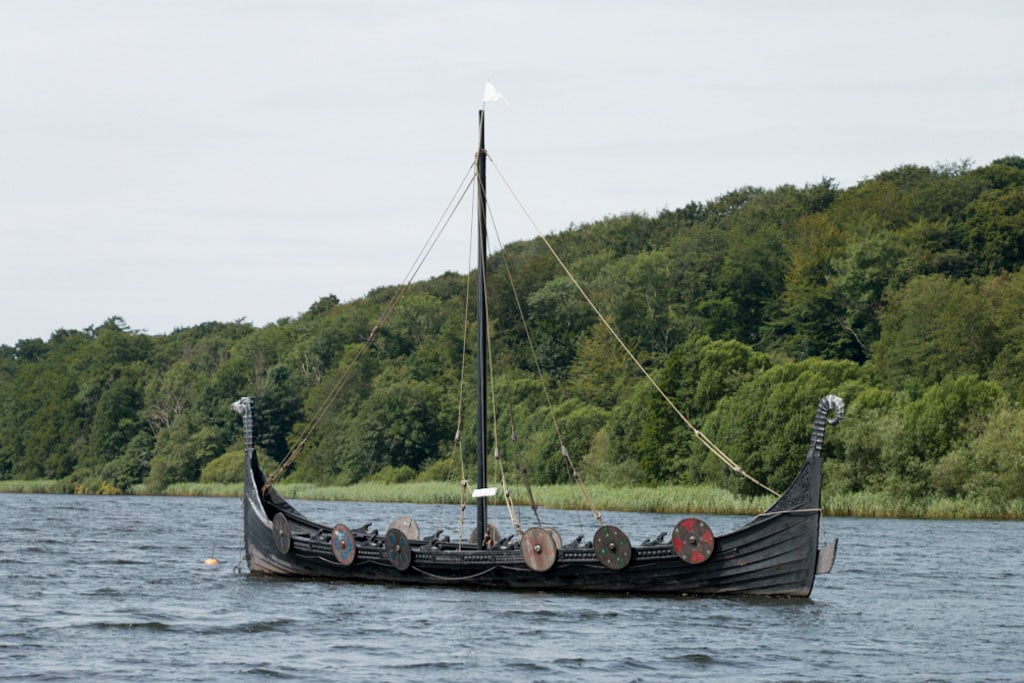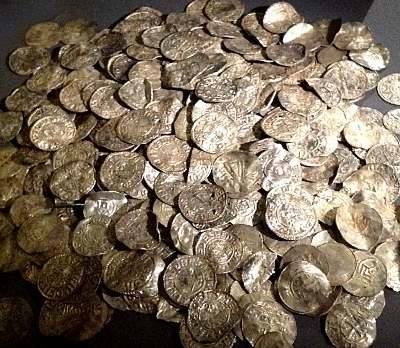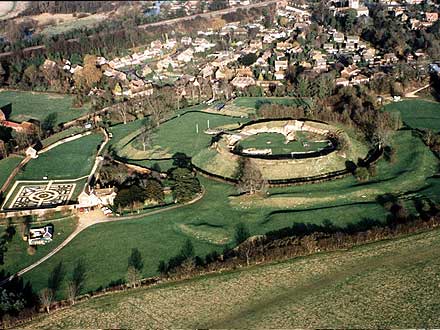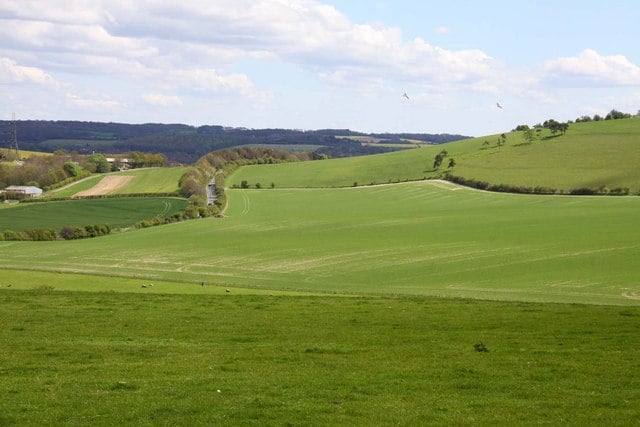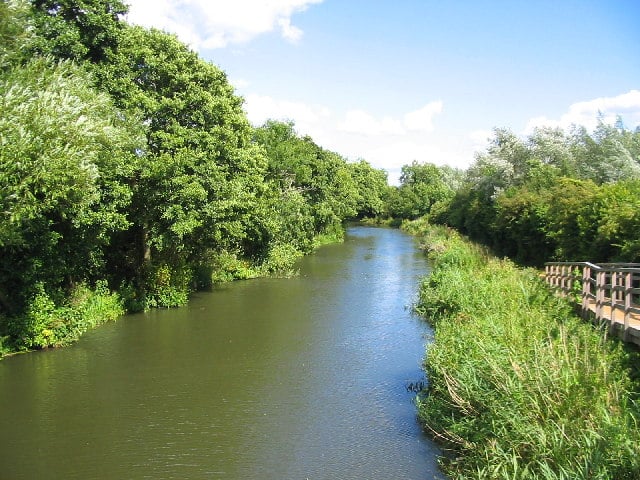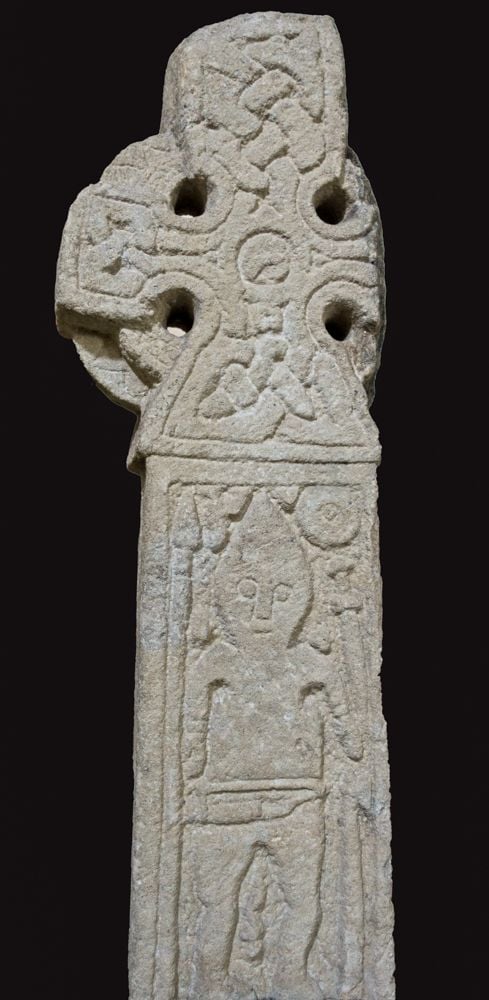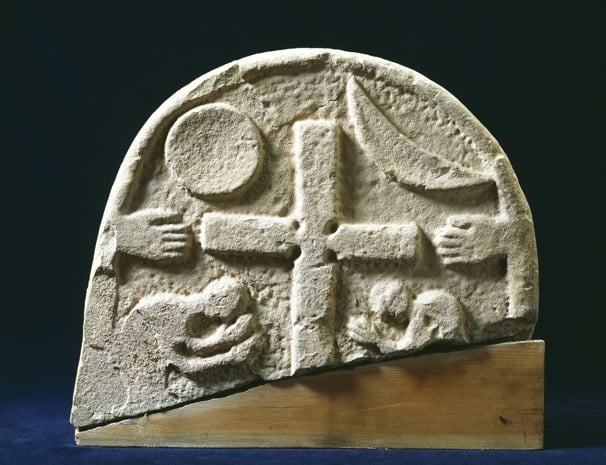Podcast: Play in new window | Download
When we left off the Great Heathen Army had conquered East Anglia, established their dominion, and then a good portion of it returned to their territory of Jorvik. However, not everyone returned north or stayed in East Anglia. Their leaders, Ivarr and Ubbe… brothers in battle and sons of Ragnarr, departed. Some accounts state that Ivarr died, though records seem to indicate he actually returned to his lands in Ireland and continued the fight there. As for Ubbe… it’s hard to say what happened there. In fact, the experts aren’t even 100% sure that he was involved in the defeat of East Anglia… he might have left before long before the battle even started. The tale of Ubbe for us, stops here. We never learned what happened to him, some later sources mention another army that was campaigning in the West and in Devon in the late 870s… and some make the argument that the western Danish force was being lead by Ubbe… however, that is anything but a firm fact. It’s genuinely difficult to know exactly what became of Ubbe.
Sign up for membership to read the full transcript.
Support the Show

